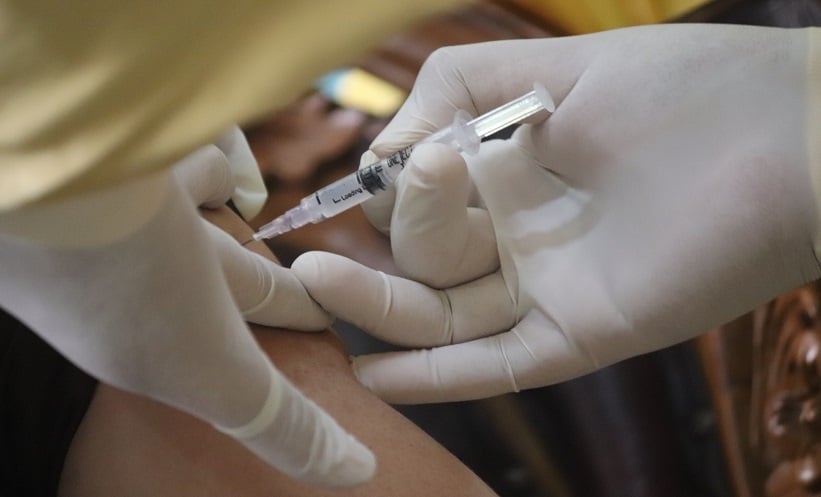PROPHYLACTIC influenza and pneumococcal vaccine uptake rates are low in patients with chronic obstructive pulmonary disease (COPD), according to data published by a research team from the University of Thessaly, Larissa, Greece.
The authors interviewed 1,100 patients across 22 different primary healthcare centres within central Greece to determine influenza and pneumococcal vaccination status and assess potential contributing variables. Participants were aged between 40–65 years, with a history of current or previous smoking, and were part of a 2-year spirometry monitoring program between January 2018 and December 2019.
Of the candidates, 117 were diagnosed with COPD. Mean age at diagnosis was 60.3 years and 80% were male. Vaccination rates for influenza and pneumococcus were 40.2% and 32.5%, respectively. When comparing the mean age of vaccinated versus unvaccinated individuals, a significant difference was identified; 62.44 years for those vaccinated versus 60.33 years for those unvaccinated (p=0.002) and vaccination rates increased incrementally with ascending age.
Following this, binary logistic regression was applied to assess correlation between influenza vaccination and independent variables. This revealed that those with COPD aged 60-65 years were 9.50 times more likely to be vaccinated (p=0.036) than those <60 years. Ex-smokers had higher vaccination rates, with current smokers being 0.365 (p=0.022) times less likely to be vaccinated. Additionally, those who had an exacerbation within the preceding 2 years, had co-morbid hypertension, or a longer diagnosis duration (6–10 years) were more likely to be vaccinated. No correlation between vaccination and sex, education level, COPD stage, or other major co-morbid disease were identified.
Upon binary logistic regression for pneumococcal vaccination, the authors identified that current smokers were 0.271 times less likely to be vaccinated than ex-smokers and those with longer diagnosis duration were 15.158 times more likely to be vaccinated. No correlation between pneumococcal vaccination and sex, education, COPD stage, or other major co-morbid disease was identified. However, no correlation between age groups or exacerbations were noted, unlike with influenza vaccination.
Whilst the findings indicate that age, smoking status, and disease duration are correlated with vaccination uptake, the study was limited by a small sample size, disproportionately male population, and the COVID-19 pandemic halting identification those diagnosed with COPD from the survey. The authors concluded that “specifically designed health promotion interventions are needed”, highlighting the need for patient-doctor education regarding the benefits of immunisation.








